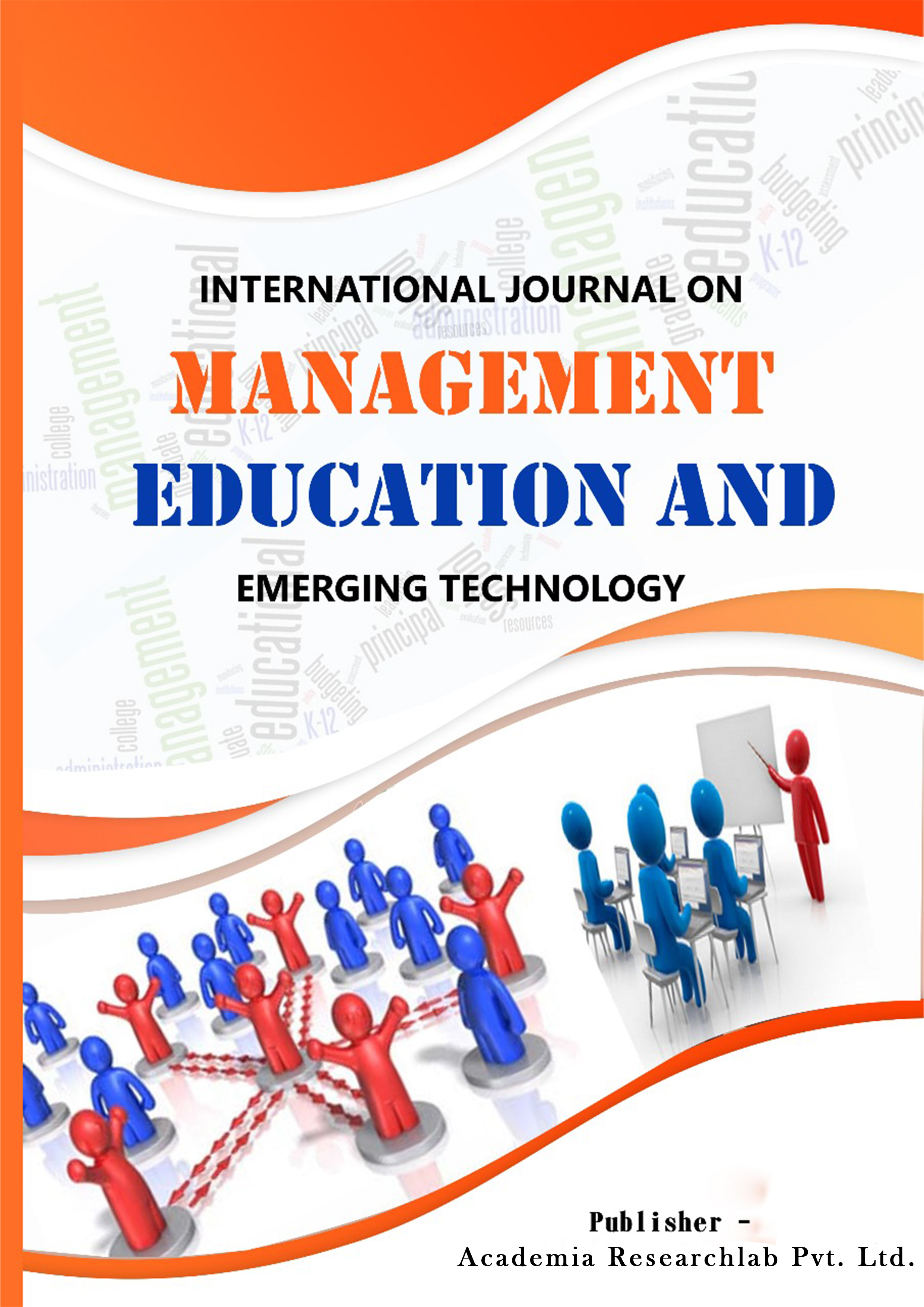The Effects of Vocabulary Skills on the Reading Comprehension of Grade 2 Pupils in Selected Elementary Schools in Cabiao, Nueva Ecija
Keywords:
Bachelor in Elementary Education, Vocabulary Skills Reading Comprehension, Independent Vocabulary Awareness, Vocabulary support and ApplicationAbstract
This study examined the impact of vocabulary skills on the reading comprehension of Grade 2 pupils in selected elementary schools in Cabiao, Nueva Ecija. Specifically, it examined independent vocabulary awareness, support, and application, and how these factors relate to comprehension levels. Using a descriptive quantitative design with quota sampling, the researchers assessed 114 pupils identified as struggling readers through validated questionnaires and secondary reading comprehension data. Results showed that independent vocabulary awareness, support, and application were rated as "Good," while overall reading comprehension remained at the instructional level. Statistical analysis using Pearson's r indicated no significant correlation between vocabulary skills and reading comprehension. The findings suggest that although vocabulary development supports reading readiness, it does not predict comprehension outcomes in isolation. This highlights the need for varied instructional approaches addressing decoding skills, fluency, and contextual reading strategies.
References
[1] Cain, K., & Oakhill, J. (2016). Children’s comprehension problems in oral and written language: A cognitive perspective. The Guilford Press.
[2] Elleman, A. M. (2017). Examining the impact of inference instruction on the literal and inferential comprehension of skilled and less skilled readers: A meta-analytic review. Journal of Educational Psychology, 109(6), 761–781. https://doi.org/10.1037/edu0000180
[3] Garcia, C. F., & Dela Cruz, J. M. (2020). Enhancing vocabulary retention among Grade 2 pupils through culturally relevant instruction. Philippine Journal of Basic Education, 42(1), 33–45.
[4] Hernandez, R. T. (2019). Vocabulary knowledge and reading comprehension performance of Grade School pupils. Asia Pacific Journal of Multidisciplinary Research, 7(2), 88–95.[5] Moats, L. C. (2020). Speech to print: Language essentials for teachers (3rd ed.). Brookes Publishing.
[6] Li, M., Wang, Y., & Luo, Y. (2020). The relationship between vocabulary knowledge and reading comprehension: Evidence from Chinese primary EFL learners. Reading and Writing, 33(4), 897–918. https://doi.org/10.1007/s11145-019-09987-6
[7] Rasinski, T. V. (2014). Vocabulary instruction that works. The Reading Teacher, 67(7), 547–550. https://doi.org/10.1002/trtr.1243
[8] Santos, M. C. (2018). Storytelling as a tool for vocabulary development among Grade 2 learners. Journal of Philippine Education Research, 6(1), 12–19.
[9] Sedita, J. (2018). Effective vocabulary instruction for students with reading difficulties. Keys to Literacy. https://keystoliteracy.com
Additional Files
Published
How to Cite
Issue
Section
License
Copyright (c) 2025 International Journal on Management Education and Emerging Technology(IJMEET)

This work is licensed under a Creative Commons Attribution-NonCommercial-NoDerivatives 4.0 International License.





